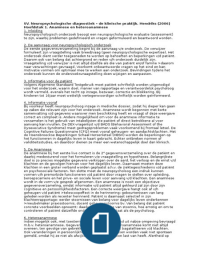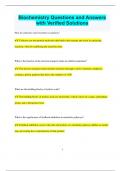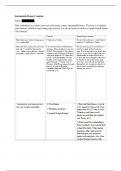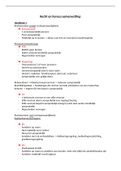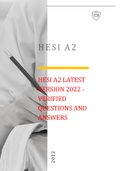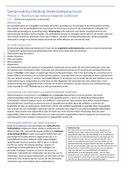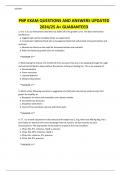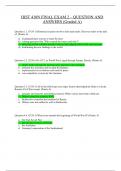Samenvatting
Summary Neuropsychology - English - Year 2, Period 1 - VU Psychology
- Vak
- Neuropsychologie
- Instelling
- Vrije Universiteit Amsterdam (VU)
This is a visual English summary of the Neuropsychology course at the VU Amsterdam (second year). It includes everything from the lectures, the most relevant part of the book and some repetition from BioCog for extra understanding. Good luck studying!
[Meer zien]





